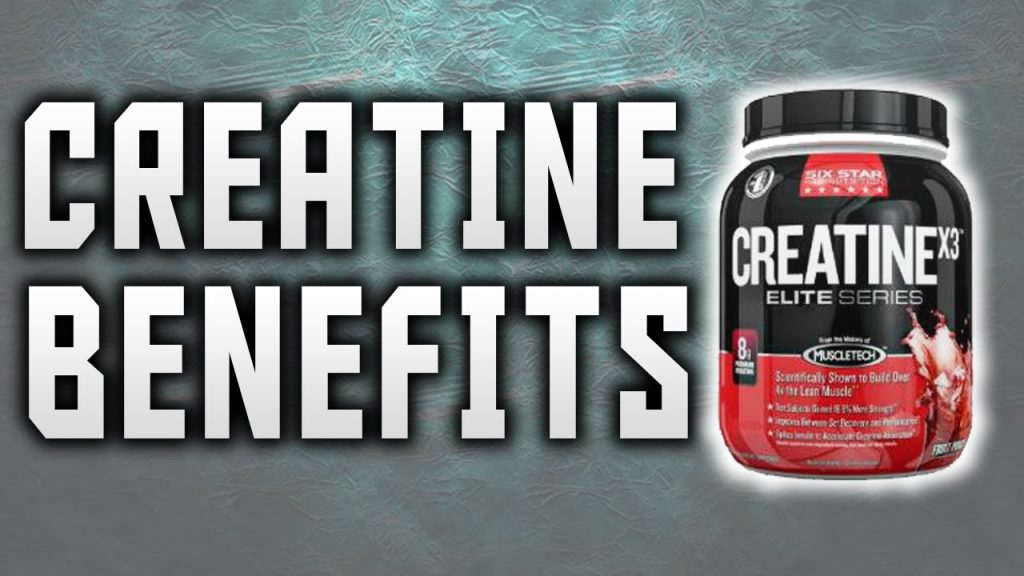Vegan Protein Powder Vs. Whey Protein?
► THE BODY TRANSFORMATION BLUEPRINT – http://www.BodyTransformationTruth.com
► 1-ON-1 FITNESS COACHING – http://www.SeanNal.com/coaching.php
► CUSTOM MEAL PLANS – http://www.SeanNal.com/custom-meal-plan.php
Official Website:
http://www.SeanNal.com
Facebook: https://www.facebook.com/SeanNalewanyjOfficial
Twitter: https://twitter.com/SeanNalewanyj
Google+: https://plus.google.com/u/0/102525881371598129847
Pinterest: https://www.pinterest.com/sean_nalewanyj/
Instagram: https://instagram.com/Sean_Nalewanyj/
Free Giveaways:
http://www.SeanNal.com/free-gifts.php
Recommended Stuff:
http://www.SeanNal.com/recommended.php
Video Summary:
Vegan Protein Powder Vs. Whey Protein?
http://www.SeanNal.com/articles/supplementation/vegan-protein-powder-vs-whey.php
What is the difference between vegan protein powder vs. whey, egg or casein, and will it make any real difference which one you choose for your muscle building diet?
The simple answer is that as long as you’re getting in enough total daily protein (0.8-1.0g per pound of bodyweight) and are deriving that protein from a variety of sources, it really won’t make any difference to your bottom line results whether you choose a plant based protein powder or an animal based one.
This is because your body can only utilize a limited amount of protein in one day anyway, and given enough total protein and enough variety, you’ll already be getting all the amino acids needed to maximize protein synthesis anyway.
So whether you go with a vegan protein powder or something like whey, egg, or casein, it’s just not going to make a noticeable difference in the big picture.
It is true that on a gram for gram basis vegan protein powder will have a lower absorption rate in comparison to animal based protein, but again, in the context of an overall balanced diet it still will won’t negatively impact your results.
So whether you’re following a full blown vegan bodybuilding diet or you’re simply looking for a plant based alternative for whatever reason, just go with whichever protein supplement you prefer.
There are plenty of vegan protein supplements available these days based on a variety of sources such as pea protein, brown rice, quinoa, potato, soy and hemp, along with products that combine them in various ways.
I’ve personally experimented with a few different vegan protein powders recently and found that when blended up as part of a complete smoothie they taste just fine as well.
Bottom line on vegan protein power vs. whey?
Just choose whichever one you personally prefer.
References:
Tarnopolsky, M. A., Atkinson, S. A., MacDougall, J. D., Chesley, A., Phillips, S., & Schwarcz, H. P. (1992). Evaluation of protein requirements for trained strength athletes. Journal of Applied Physiology, 73(5), 1986-1995.
Macronutrient content of a hypoenergy diet affects nitrogen retention and muscle function in weight lifters. Walberg JL, Leidy MK, Sturgill DJ, Hinkle DE, Ritchey SJ, Sebolt DR. Int J Sports Med. 1988 Aug;9(4):261-6.
Protein requirements and muscle mass/strength changes during intensive training in novice bodybuilders. Lemon PW, Tarnopolsky MA, MacDougall JD, Atkinson SA. J Appl Physiol. 1992 Aug;73(2):767-75.
Effect of protein intake on strength, body composition and endocrine changes in strength/power athletes. Hoffman JR, Ratamess NA, Kang J, Falvo MJ, Faigenbaum AD. J Int Soc Sports Nutr. 2006 Dec 13;3:12-8.
Effects of exercise on dietary protein requirements. Lemon PW. Int J Sport Nutr. 1998 Dec;8(4):426-47.
Influence of protein intake and training status on nitrogen balance and lean body mass. Tarnopolsky MA, MacDougall JD, Atkinson SA. J Appl Physiol. 1988 Jan;64(1):187-93.
Dietary protein for athletes: From requirements to optimum adaptation. Phillips SM, Van Loon LJ. J Sports Sci. 2011;29 Suppl 1:S29-38.
Macronutrient Intakes as Determinants of Dietary Protein and Amino Acid Adequacy. Millward, DJ. J. Nutr. June 1, 2004 vol. 134 no. 6 1588S-1596S.



